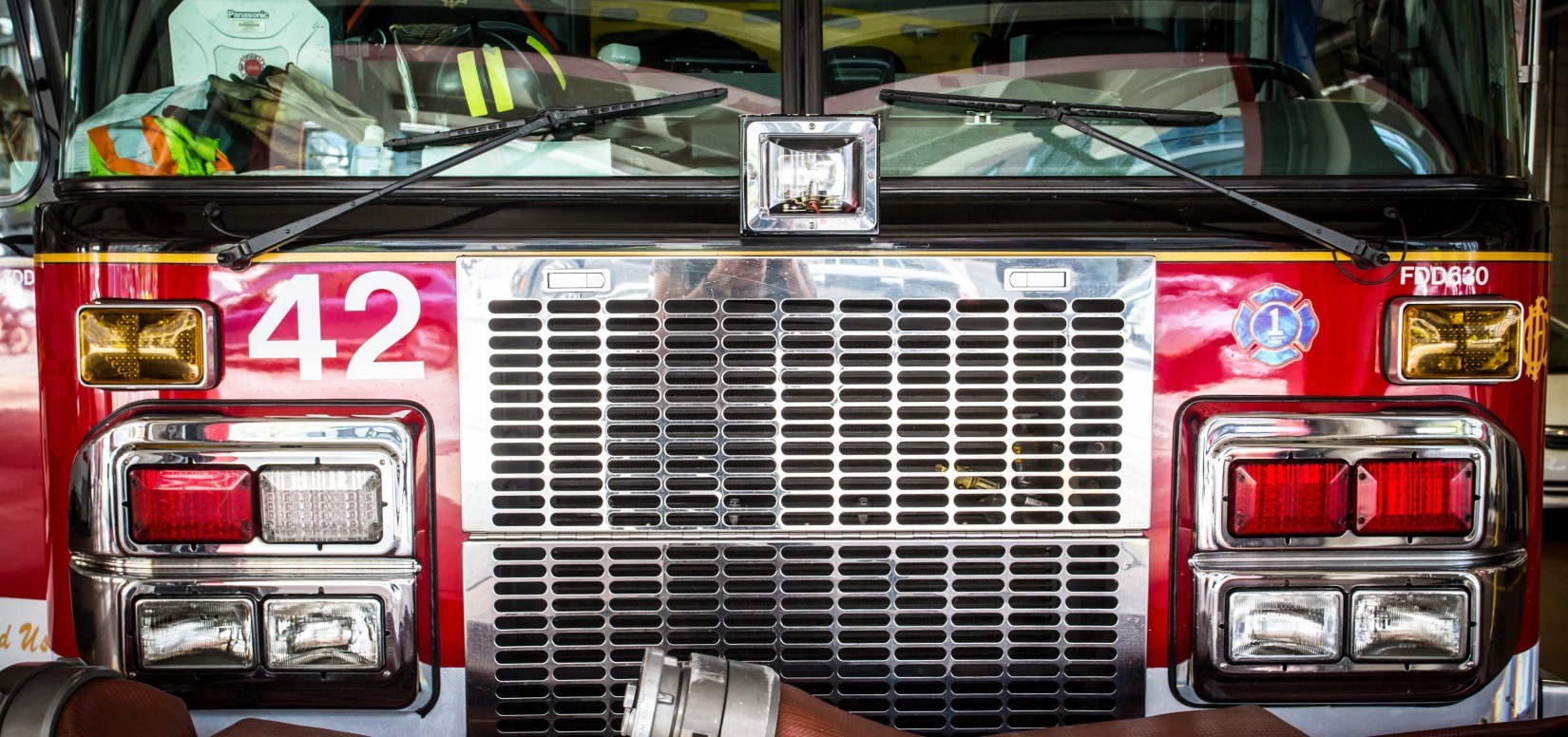Be Sure Your Alarms Work |
|
Choose a Meeting Place...and Practice it |
|
Decide on a meeting place outside your home where everyone will gather once you’ve escaped. Hold home fire drills at least twice a year. Pretend some exits are blocked to make drills realistic. Practice your escape in the dark. When the smoke alarm sounds, there is no time to waste. Smoke and heat can create confusion. Everyone in your home must know what to do. |
Confined Space entry in Agriculture |
|
Confined spaces are common on agriculture. Read the attached document to find out the basic guidelines for confined space entry. |
Escape Tips |
|
Get Out! Stay Out! |
| You can survive a fire in your home if you leave quickly and don’t go back inside until the firefighters say it’s safe.
"Get out and stay out!" It’s a simple strategy that can save your life. But to protect yourself and household, you must have an escape plan practice it. |
Flowing Grain Bin |
| It only takes two or three seconds to become trapped in flowing grain. Within another 10 seconds, you can be completely submerged. You can avoid entrapment by making it a policy to never walk on a stored grain surface. If entry is essential, use the life-line and buddy system! Watch a short video detailing bin safety as well as some rights and wrongs when entering a bin. It does not take long to encounter a problem and safety must be everyone's first priority. |
Know the Sound of your Smoke Alarm |
| Newer smoke alarms sound a distinct alarm pattern — groups of three beeps separated by a pause: beep-beep-beep. . . pause . . . beep-beep-beep . . .pause . . .beep-beep-beep. Older alarms sound a continuous tone. Be sure everyone in your home recognizes the sound of your alarms, and awakens to the sound of them when sleeping. |
Silo Gas Dangers |
| Contact with deadly silo gases continues to occur wherever silos exist. Although such contact may not occur as often as with other kinds of hazards in agriculture, one should not be lax with safety during the ensiling process. These gases are and will continue to be a very real hazard for as long as silage remains a common livestock feed. It is important that every farm worker understand the dangers associated with silo gases and learn how to deal with them. |
Smoke Alarms Save Lives |
|
Smoke alarms are inexpensive and they save lives. Install one on every floor of your home, including the basement, and outside each sleeping area — inside as well if you sleep with the doors closed. Make sure everyone in your household can hear the alarm while they’re sleeping. The majority of fatal home fires happen at night. |
Tips for Safe Heating |
| Please annually check and clean your furnace, fireplace or woodstove to prevent fires and deadly carbon monoxide gas in your home. Be sure to contact a qualified service technician to clean and inspect your heating system. |
When the Alarm Sounds |
|
Contact Us







 Subscribe to this Page
Subscribe to this Page